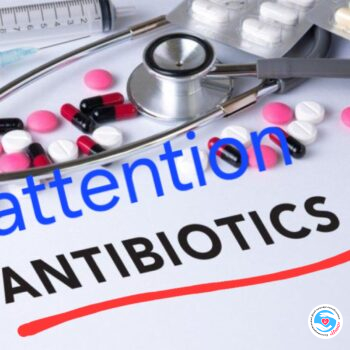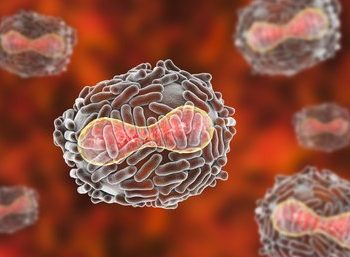
For a long time, people did not understand the danger posed by the enveloped virus, called HPV (Human papillomavirus, HPV). This is understandable, given that in 90% of cases the infection does not cause any symptoms. It’s just that a person is a carrier and can infect others. Infection with the virus is possible through microcracks in the skin. But infection through mucous membranes is more effective. Therefore, about 80% of the sexually active population becomes infected with HPV sooner or later in their lifetime.
The virus has long been known to doctors, but the real danger of it has been identified recently! It turned out that this virus is deadly, especially for women, because it provokes the development of a terrible disease – cervical cancer (Cervical cancer). In 2008, the German scientist Harald Zur Hausen was awarded the Nobel Prize for discovering the role of HPV as a cause of cervical cancer! It has been proven that in the absence of HPV, cervical cancer does not occur. According to official data from the World Health Organization, more than 600,000 women in the world were diagnosed with this type of cancer in 2020. More than 300,000 women die each year from the terrible disease caused by HPV.
According to official data from the World Health Organization, more than 600,000 women in the world were diagnosed with this type of cancer in 2020. More than 300,000 women die each year from the terrible disease caused by HPV.
In total, several hundred strains of the virus are known. The most dangerous oncogenic HPVs are 16, 18, 30, 31, 33, 39, 40, 42, 43, 52, 55, 57-59, 61, 62, 67-70 types. These are called high-risk HPVs. But HPV can cause other cancers. For example, anal cancer, vaginal cancer, oral cancer and others. Detection of such a virus is possible only in the laboratory! That is why the Inna Charitable Foundation is conducting the Oncoscreening project.
But it is possible to avoid cancer! Scientists have shown that HPV is a vaccine-controlled infection. Vaccination against HPV is carried out in more than 100 countries. And the results of such prevention are wonderful!












